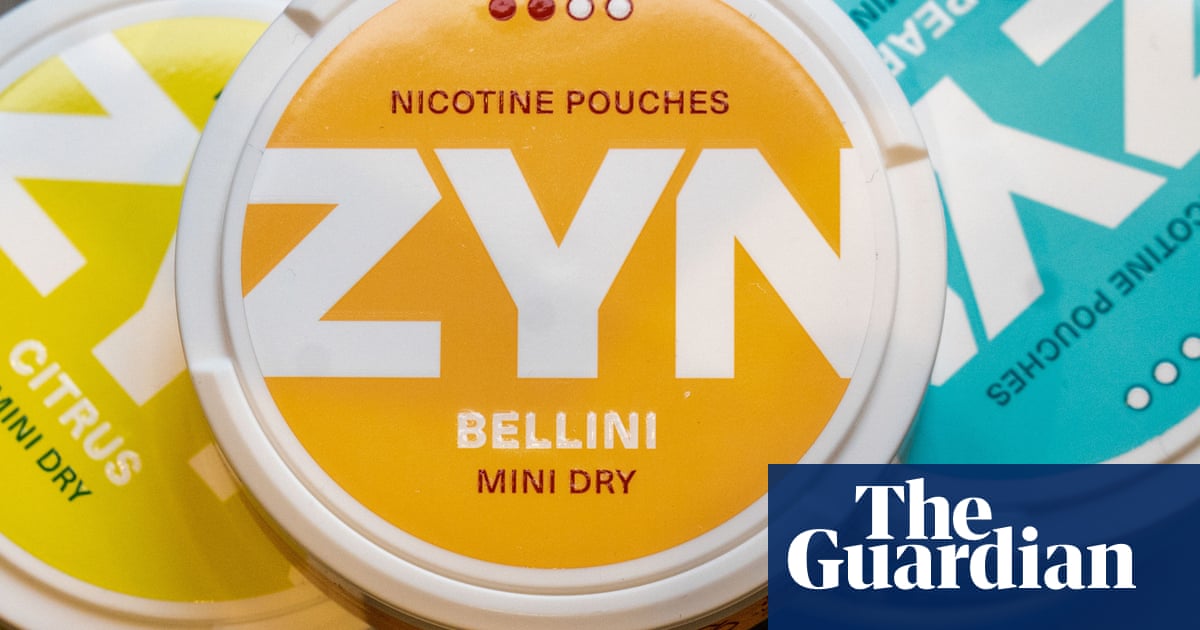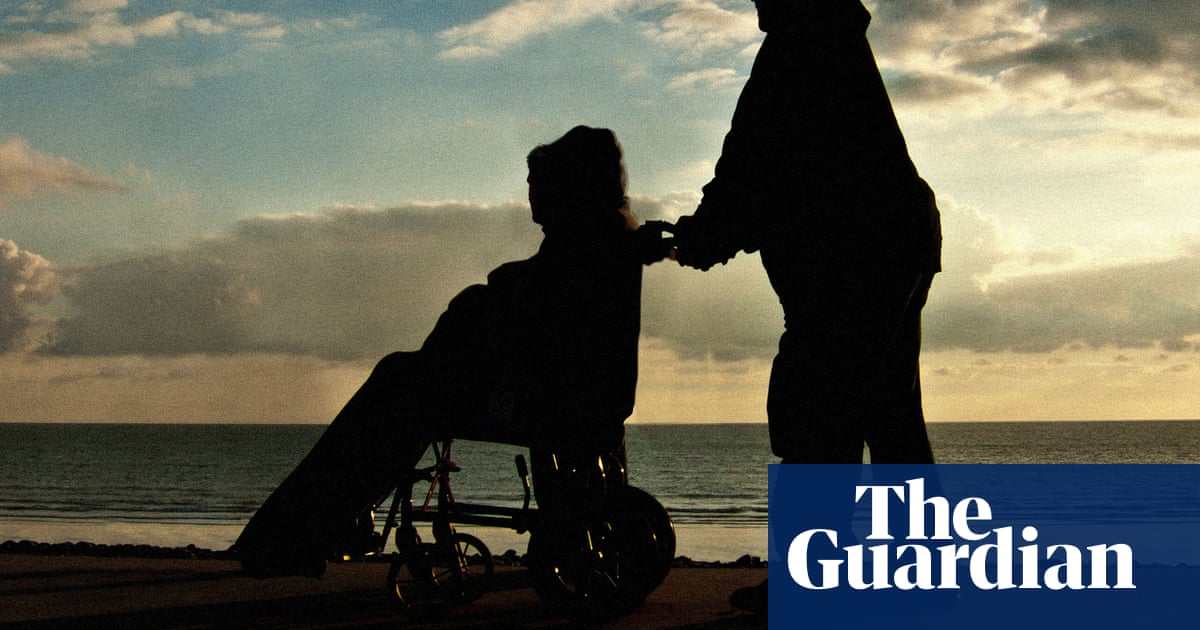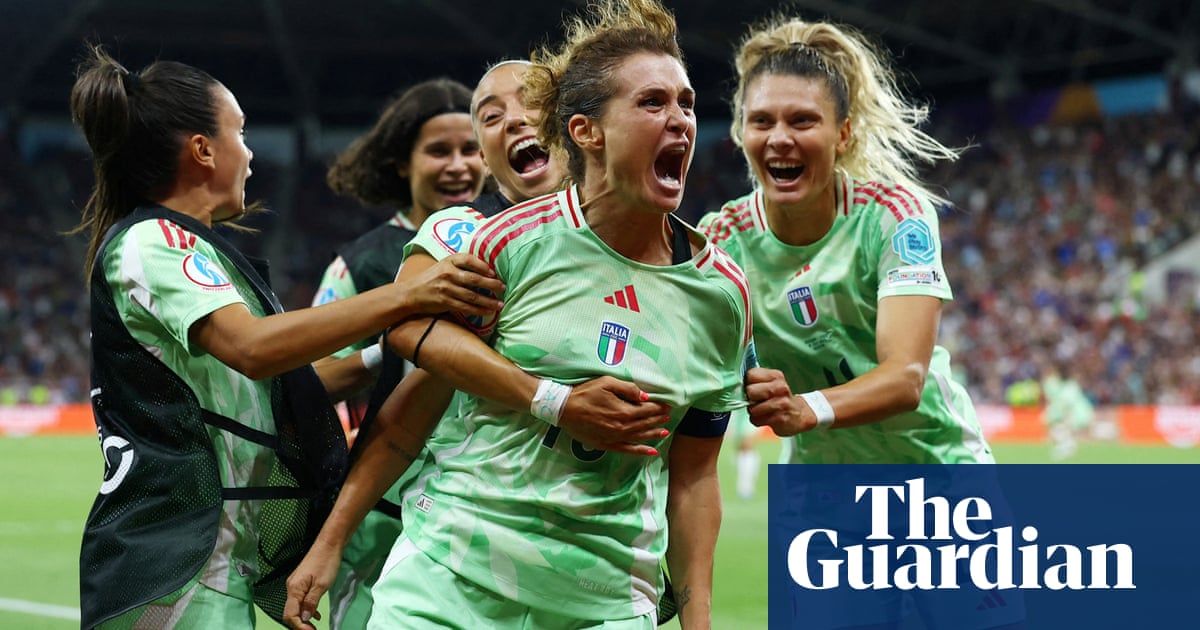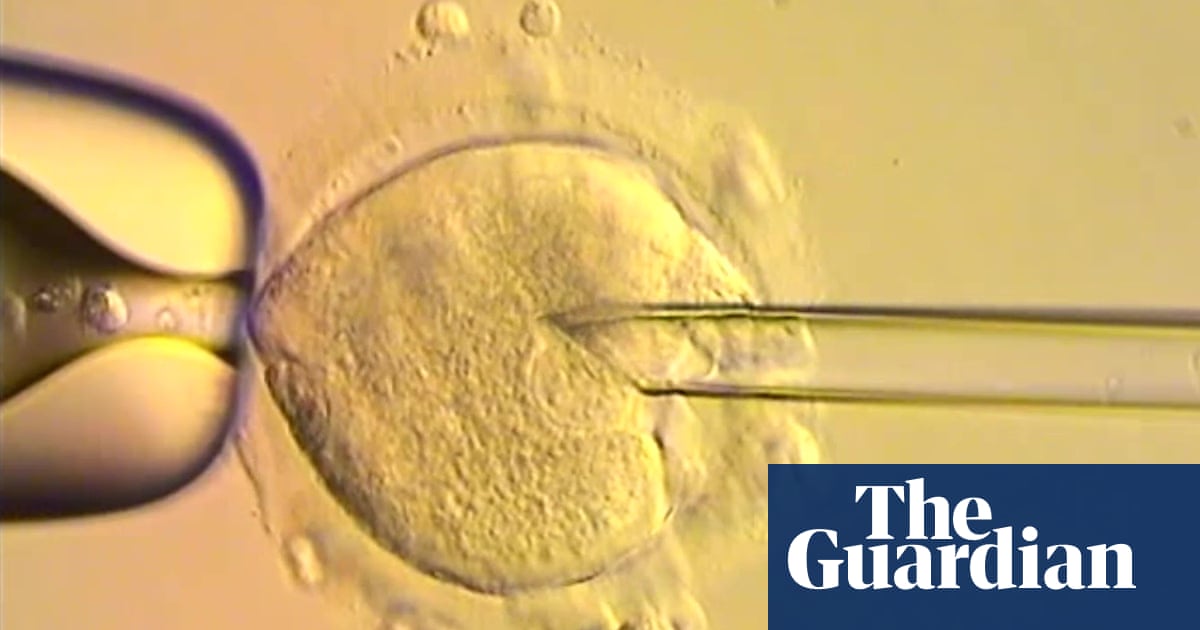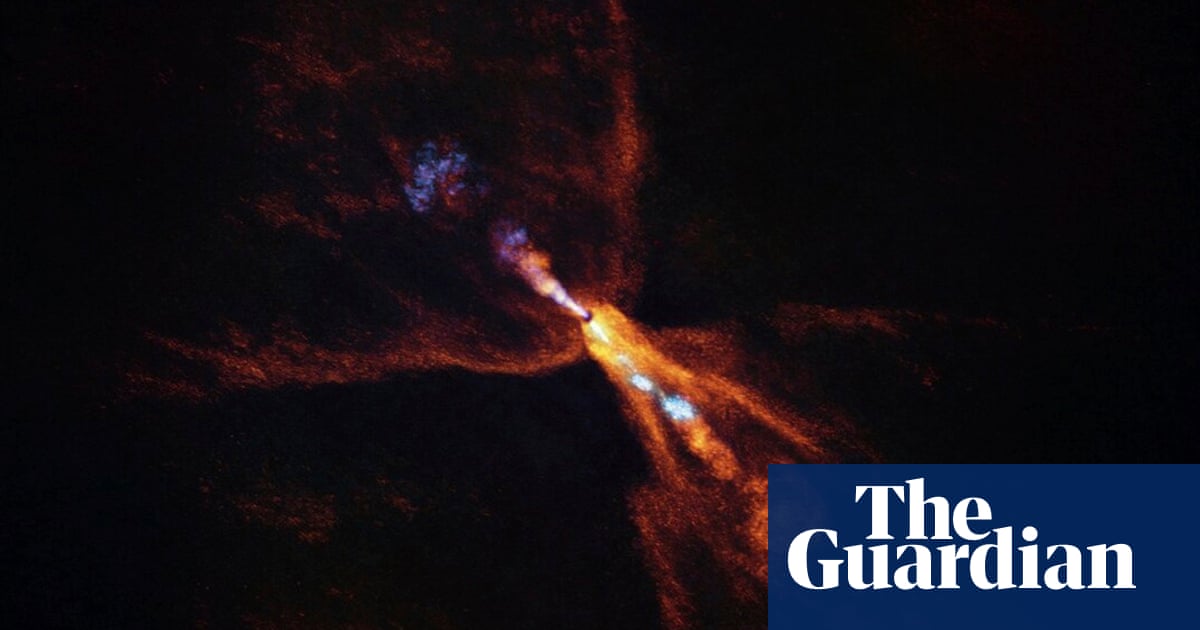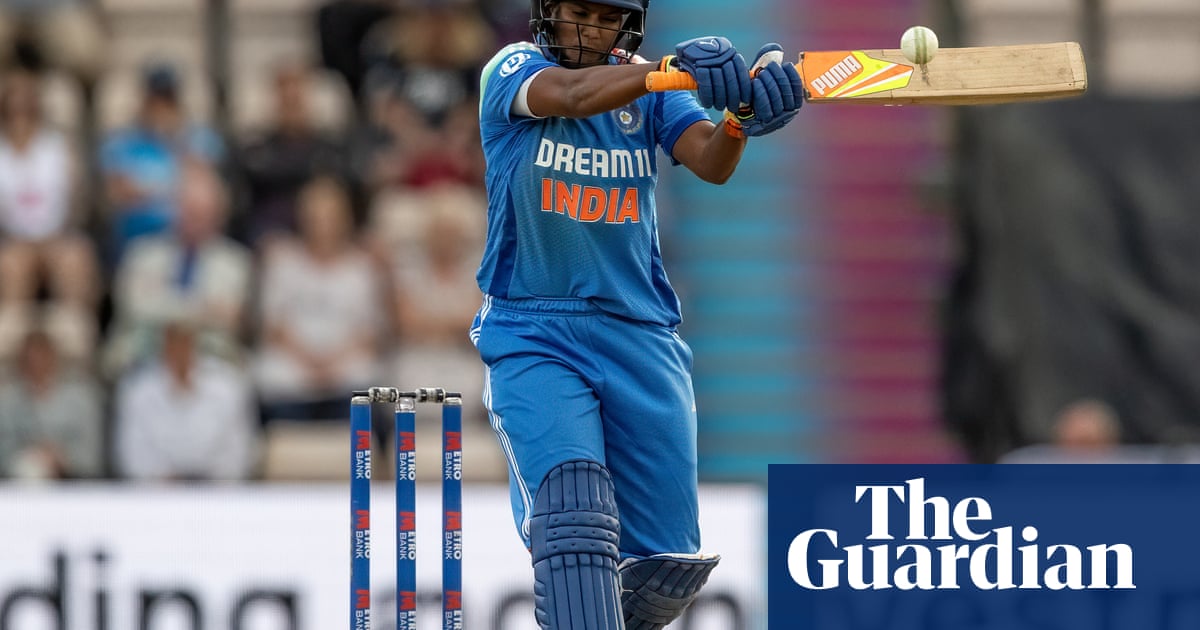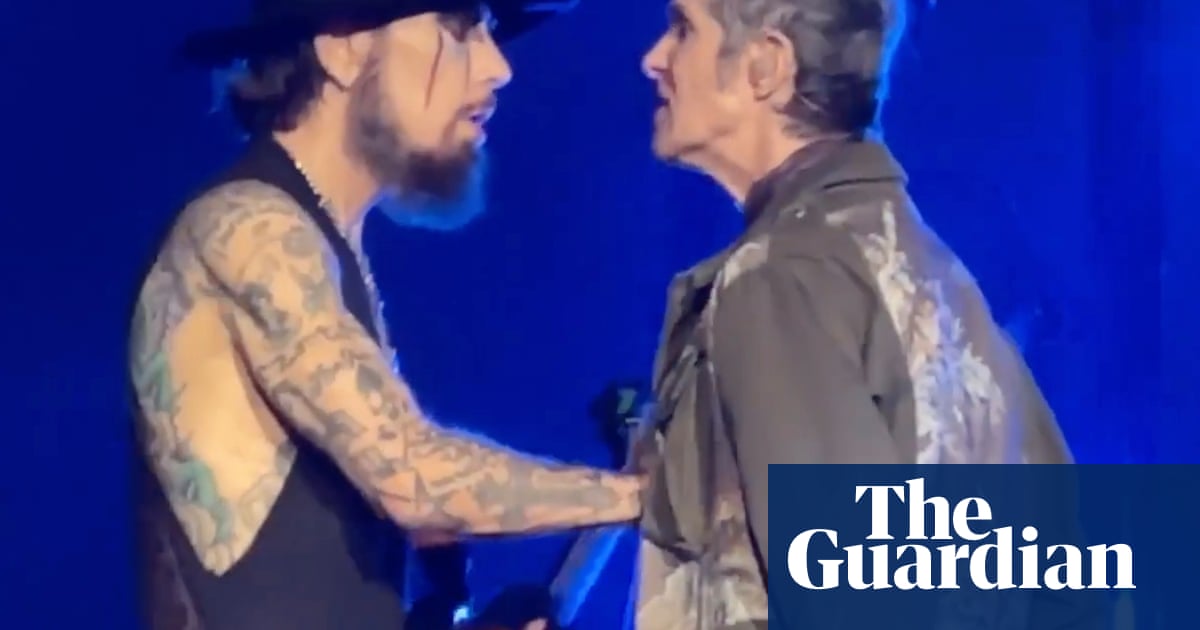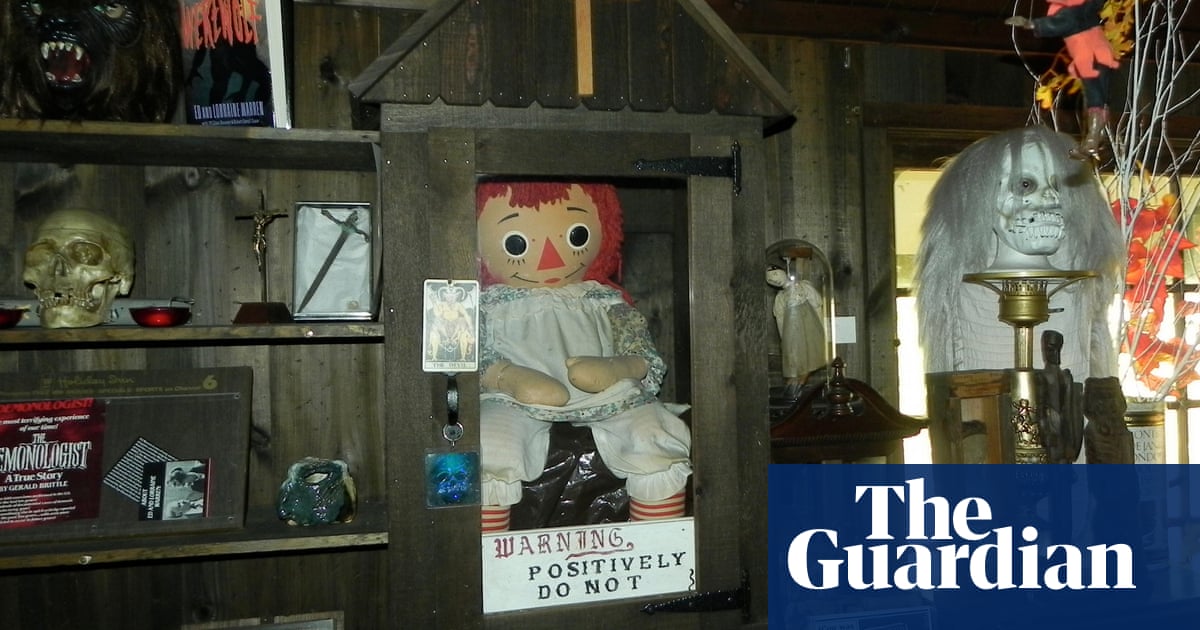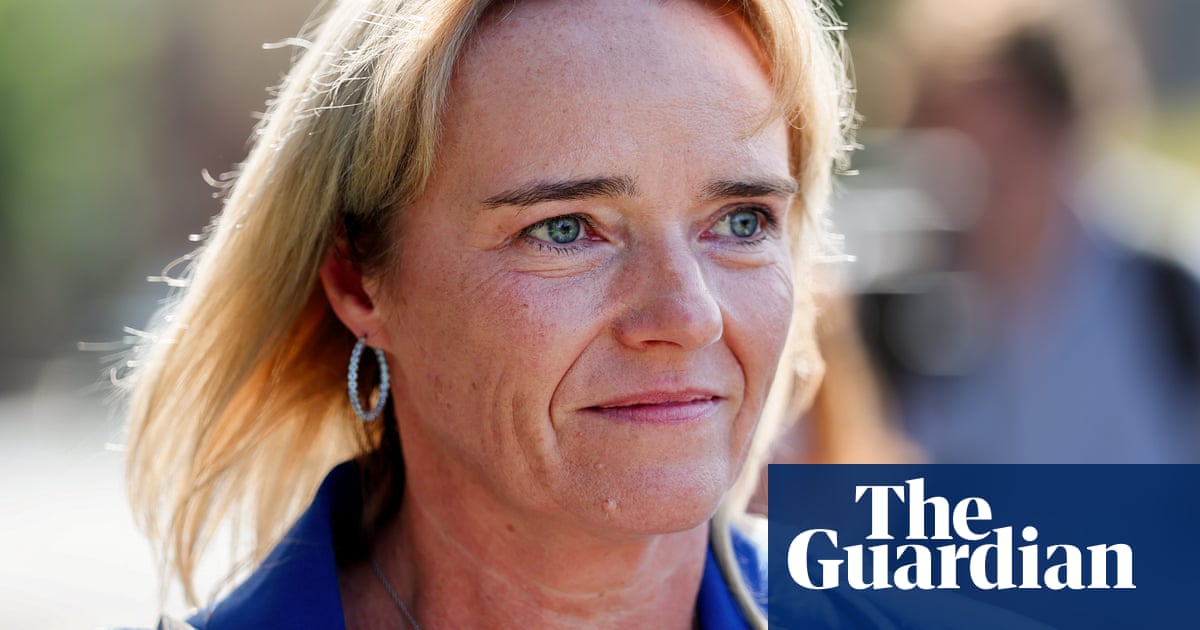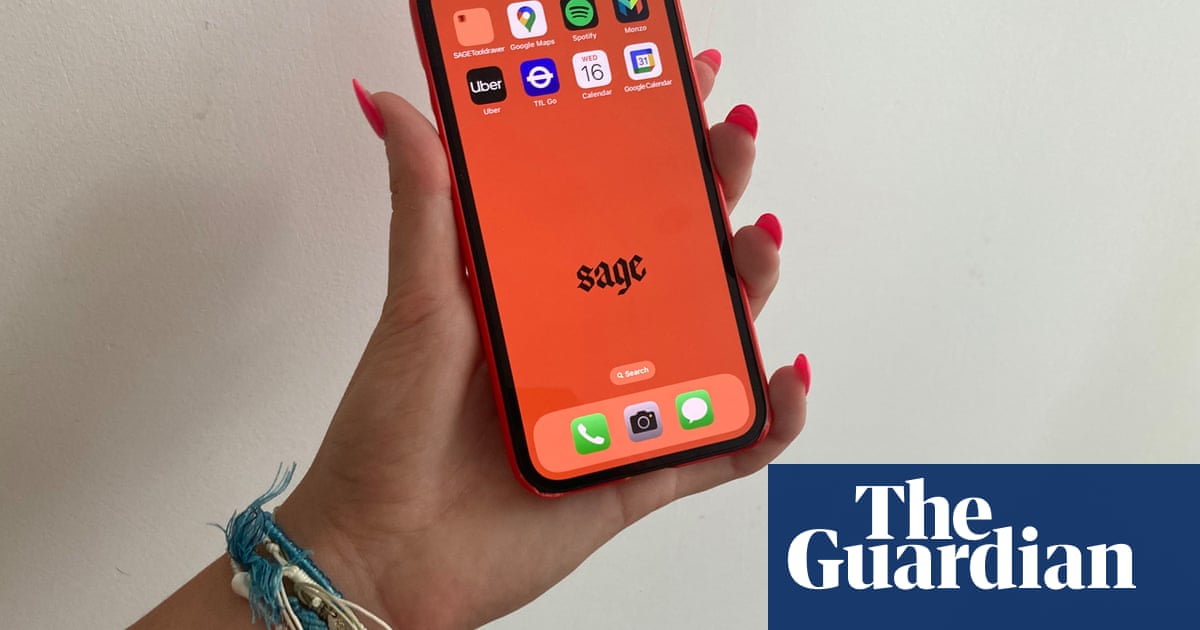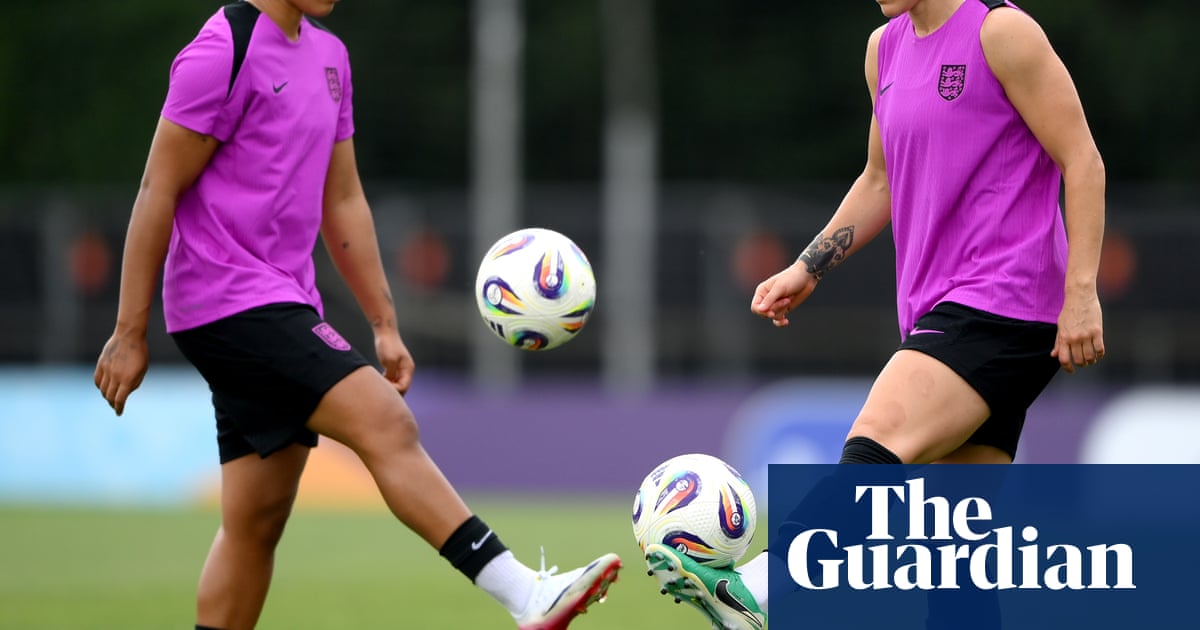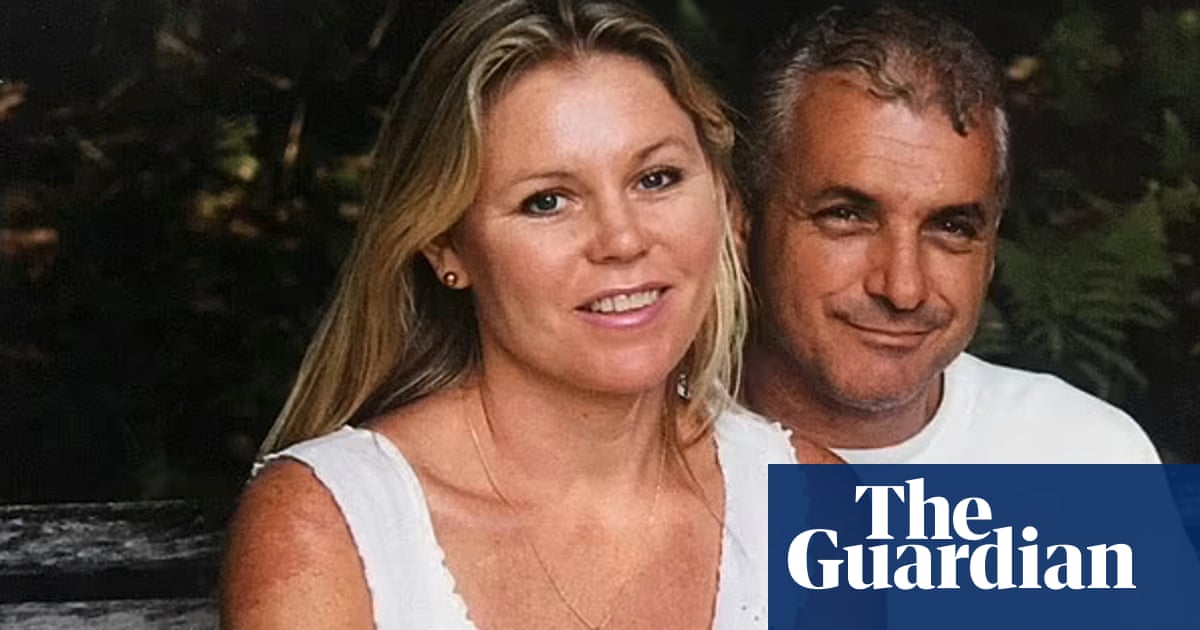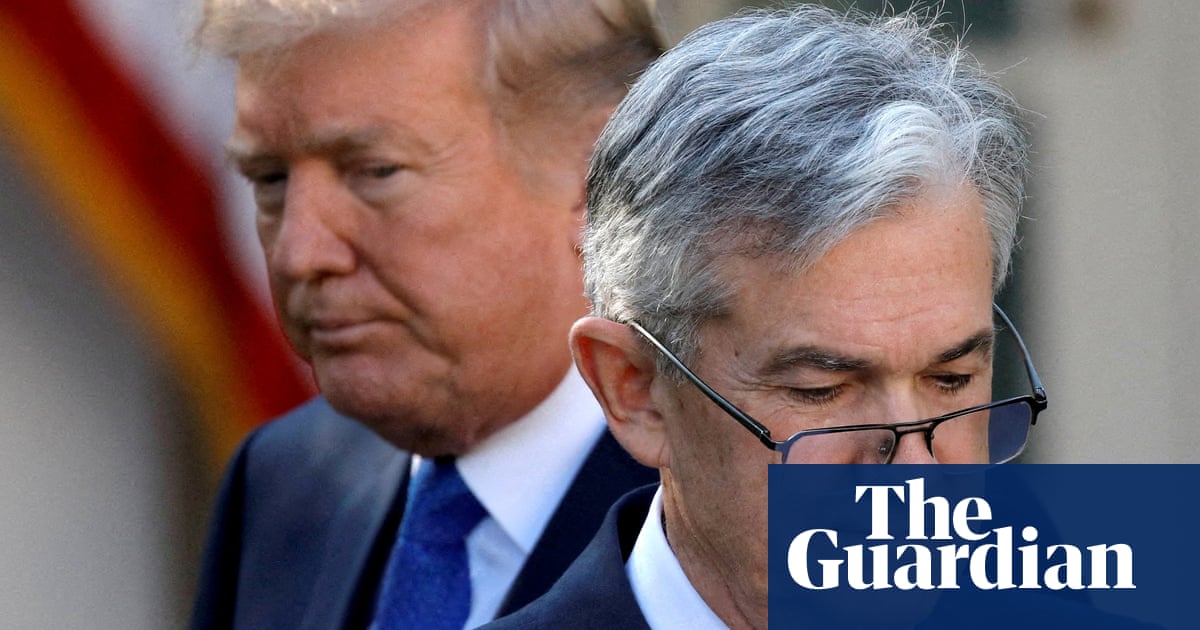It is 2017 and Maro Itoje has just been selected as the youngest member of the British & Irish Lions squad. He is asked for his favourite Lions memory and his response is illuminating. “Ugo Monye scoring his try in the third Test [against South Africa in 2009]. When you’re young and growing up, you look at players that look like you. And, by that, I don’t mean eyes, ears, nose, I mean who have the same skin colour, who you can identify with. Ugo is one I could identify with, as we’re both of Nigerian descent. To see him score that amazing try resonated with me.”
On Saturday, when the Lions begin their series against Australia, Itoje will win his 100th Test cap. He is England captain, the first black captain of the Lions and the country’s most prominent rugby player. And you cannot help but wonder to what extent he himself has passed the torch. For there can be little doubt that the number of British-Nigerian players making a significant impact in the Premiership is at an all-time high. Gabriel Ibitoye finished the season as joint top try-scorer, Immanuel Feyi-Waboso began it as England’s next big thing. Andy Onyeama-Christie, Beno Obano, Nick Isiekwe, Max Ojomoh, Afo Fasogbon and Emeka Ilione all shone across the campaign.
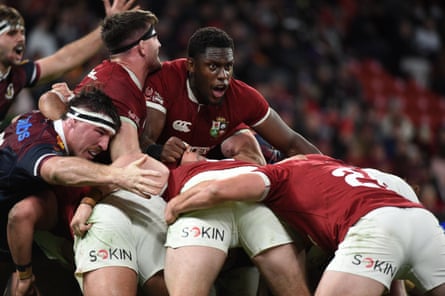
The list goes on. Indeed it is five years since Itoje picked his Nigerian British XV on social media, with Monye as director of rugby and his Aunty Funke as team manager. These things are subjective but by most metrics, today’s team would be considerably stronger and many of its contingent would have been inspired by Itoje’s totemic performance for the Lions against New Zealand in 2017, just as he was by Monye’s try.
“There’s only a small number of us who have contributed to the Premiership,” says Monye, who recalls being approached by Itoje’s father, Efe, to offer his gratitude at paving the way for his son. “We’re punching way above our weight, it’s totally disproportionate but of course you feel a greater sense of pride when it is one of your own and someone who has a similar heritage.”
Itoje, 30, is passionately proud of his Nigerian heritage. He co-founded the Akoje Gallery to showcase African art and established his charity the Pearl Fund which seeks to tackle poverty among children in Nigeria and other African countries. And after England’s 2019 World Cup final defeat by South Africa he quoted a Nigerian proverb: “When a ram goes backwards, it is not retreating. It moves back to gather more strength.”

Within the rugby-playing, British-Nigerian community he is idolised while the president of Rugby Africa, Herbert Mensah, sees parallels between Itoje and Siya Kolisi, the Springboks captain. “What does Maro mean to Africa? In many ways, in the same way that Siya Kolisi symbolises something with a similar kind of temperament, that he has now become a global brand,” says Mensah. “Maro has also risen to being that brand, in Africa he still represents that leader. He’s not confused as to his heritage and in many ways he is the typical, educated African son. He is someone that every parent craves for.”
Stallions RFC is a sevens-playing London-based team made up predominantly of players with Nigerian heritage. It is a successor to London Nigerian and was founded in 2009, initially as Nigeria Exiles. Suvwe Obano – brother of Beno and cousin of Itoje – and Matt Ilube, son of the former Rugby Football Union chairman Tom, are among those who have turned out in recent years.
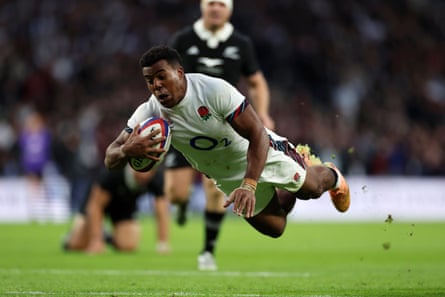
“Within those who are in British-Nigerian rugby, Maro is definitely a role model,” says Ade Ojigbo, who joined Stallions in 2022. “When [Maro] got announced as Lions captain someone on the group chat said: ‘Oh, does that mean he won’t be available for us next week?’ I look at the example of my mum and dad, they’re not the biggest rugby fans, I don’t know if they’d be able to name him. For those of us within rugby, within sport, it is that idea of you’ve got someone who is like you, similar to you. To the extent that goes wider? Obviously it will have an impact, the fact that a British-Nigerian is captain of a major sporting international team and now the Lions, it probably will have reach, but I think there is still a job to do.”
There is a well-established path from Stallions to the Nigeria XVs and sevens teams to the extent that they sent 11 players for the pre-Olympic qualifiers and the Olympic qualifiers. This year eight players represented Nigeria in the Africa 7s. “We are very much a pathway for the Nigerian national team but it’s actually a bit bigger than that because there’s a cultural and community aspect to it as well,” adds Ojigbo
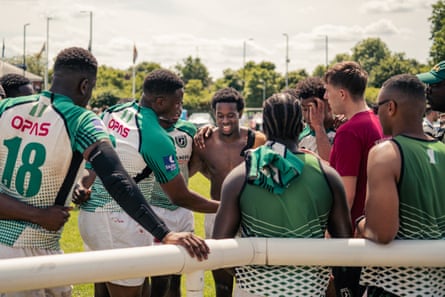
“A lot of boys who are British-Nigerian, they love rugby, they love playing it but they can feel that as if rugby isn’t for them or there’s no space for them in rugby or they don’t feel seen, they still feel on the outside of that. It’s creating that space where rugby can be the sport that is open as people try and see and no matter who you are you can find a space where you can flourish in that.”
To revert to Itoje’s Lions memories, it is telling that the 2005 tour of New Zealand did not register with him. Hardly surprising perhaps, given the disaster it was, but as he has pointed out, he did not start watching rugby until 2007 when he was 13 and a pupil at St George’s School in Harpenden at the same time as Owen Farrell, who was three years above him.
after newsletter promotion
“It’s typically played in grammar schools and in private schools and Nigerian parents want to give their child the best education and actually that means young British-Nigerian children are going to these schools where rugby is played and they’re picking up the ball aged 11, having not had a background in rugby,” says Ojigbo.
It is significant, then, that Feyi-Waboso and Ilione are both trainee doctors while Itoje tells a story of how one year, for an April fool’s joke, he sent his father an email explaining that he would be concentrating on rugby and no longer intended to go to university. Efe did not speak to him for three days. “I totally can relate to that and I think every lad who has Nigerian heritage and a similar upbringing would have a similar story to that,” adds Monye.
“The number one reason why you see so many British-Nigerians play rugby is because of the education system. Education in Nigeria is number one so if you can find an opportunity to have your son or daughter attend private school you absolutely will. And just as a direct consequence of that, you’re likely to then pick up a rugby ball.
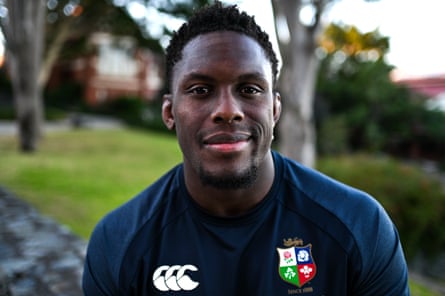
“I think we’re a genetically gifted nation. I don’t think people are being sent to school to become these legendary rugby players, they are sent there to get great educations and actually if you asked most Nigerian mums and dads, it’s education first and that’s it.”
According to the most recent data, the Nigerian population in the UK is 270,000 but significantly bigger when factoring in those born here. But only somewhere between 6-7% of the population in the UK attends private school, so the scope for untapped potential becomes clearer. Monye illustrates the point perfectly when recalling his playing career.
“When Steve Borthwick announces his side he says, this is the best 23 players in England. I always think, is it? We don’t know. We have a pathway within the private school system, it is superb. What about the rest? Imagine if we could tap into that. When I played on the world sevens series, I was considered one of the quickest on the scene, one of the quickest in the Premiership, and in the international game. At my state school I wasn’t even the fastest in my class.
“Of course, you need more than just pace or natural ability but genetics matter, in contact sport it bloody matters and I believe there are a lot of lads out there who have the core ingredients, who could be moulded into something special. But we would never know.”

 5 hours ago
4
5 hours ago
4
